-87%
Expanding Your Critical Care Expertise in 2022
In the ever-evolving landscape of critical care medicine, staying abreast of the latest advancements is paramount for delivering optimal patient outcomes. This comprehensive 12-hour online course empowers critical care professionals with cutting-edge knowledge and insights into a myriad of pertinent and debated topics that shape the field.
Unraveling the Enigma of Artificial Intelligence in Critical Care
Artificial intelligence (AI) is poised to revolutionize critical care, offering unprecedented opportunities to enhance patient care. This course explores the transformative potential of AI, from its role in predicting patient outcomes to its ability to detect subtle changes that may escape human observation. By delving into the fundamentals of AI and its practical applications, participants will gain a competitive edge in leveraging this burgeoning technology to improve patient outcomes.
Mastering the Art of Sepsis Recognition and Management
Sepsis remains a formidable challenge in critical care, demanding rapid recognition and aggressive intervention. This course provides an in-depth understanding of the latest sepsis guidelines, empowering participants to identify, diagnose, and manage sepsis effectively. Through interactive case studies and hands-on simulations, participants will develop a comprehensive knowledge of sepsis management strategies, including antimicrobial therapy, fluid resuscitation, and vasopressor support.
Navigating Dialysis Options for Acute Kidney Injury
Acute kidney injury (AKI) is a common complication in critical care, often necessitating dialysis to support renal function. This course delves into the different types of dialysis modalities, including hemodialysis, peritoneal dialysis, and continuous renal replacement therapy (CRRT). Participants will learn the indications, contraindications, and complications associated with each modality, enabling them to make informed decisions about the most appropriate dialysis option for their patients.
Harnessing the Power of Extracorporeal Purification Strategies
Extracorporeal purification strategies, such as extracorporeal membrane oxygenation (ECMO) and continuous venovenous hemofiltration (CVVH), play a pivotal role in supporting critically ill patients with severe respiratory or renal failure. This course covers the latest advancements in these technologies, providing participants with a comprehensive understanding of their indications, benefits, and potential risks. By mastering these techniques, participants will be equipped to provide life-sustaining support to patients in their most vulnerable states.
Delving into the Complexities of Liver Failure
Liver failure is a life-threatening condition that requires prompt recognition and management. This course provides an in-depth exploration of the pathophysiology of liver failure, its diagnostic criteria, and the latest treatment strategies. Participants will learn about the role of liver transplantation and the management of complications such as hepatic encephalopathy and ascites. By acquiring this specialized knowledge, participants will be better equipped to provide comprehensive care to patients with liver failure.
Navigating the Maze of Anticoagulation Agents
Anticoagulation agents are essential for preventing and treating thromboembolic complications in critical care. This course covers the different types of anticoagulants, including unfractionated heparin, low-molecular-weight heparin, and novel oral anticoagulants. Participants will learn about the indications, contraindications, and dosing considerations for each agent, empowering them to make safe and effective anticoagulation decisions for their patients.
Deciphering the Rhythms of Atrial Fibrillation
Atrial fibrillation (AF) is a common arrhythmia in critical care, often requiring urgent treatment to prevent complications such as stroke and heart failure. This course provides a comprehensive overview of AF, including its etiology, pathophysiology, and treatment strategies. Participants will learn how to perform an electrocardiogram (ECG) and interpret AF patterns, enabling them to make timely and appropriate interventions.
Understanding Mechanical Circulatory Support Techniques
Mechanical circulatory support (MCS) devices, such as intra-aortic balloon pumps and ventricular assist devices (VADs), provide life-sustaining support to patients with severe heart failure. This course delves into the different types of MCS devices, their indications, and their management. Participants will learn how to troubleshoot and optimize MCS devices to ensure optimal patient outcomes.
Combating the Threat of Contagions
Contagious diseases pose a significant challenge in the critical care setting. This course provides a comprehensive overview of the epidemiology, diagnosis, and management of common contagious infections in the ICU, including influenza, pneumonia, and sepsis. Participants will learn how to implement effective infection prevention and control measures, minimizing the risk of healthcare-associated infections.
Addressing the Challenges of Multidrug-Resistant Pathogens
Multidrug-resistant (MDR) pathogens are a growing threat in critical care, presenting significant challenges for treatment. This course explores the different types of MDR pathogens, their mechanisms of resistance, and the strategies used to combat their spread. Participants will learn how to identify, diagnose, and manage infections caused by MDR pathogens, employing evidence-based practices to improve patient outcomes.
Providing Care for Special Populations
Special populations, such as pregnant women, children, and the elderly, present unique challenges in critical care. This course covers the physiological differences and specific considerations for providing critical care to these patient groups. Participants will learn how to adapt their care plans and interventions to meet the unique needs of special populations, ensuring optimal outcomes for all patients.
Embracing Palliative and End-of-Life Care
Palliative and end-of-life care is an integral part of critical care, providing comfort and support to patients facing life-limiting illnesses. This course explores the ethical, cultural, and spiritual aspects of palliative care, enabling participants to provide holistic care that encompasses the physical, emotional, and spiritual needs of their patients and their families.
Optimizing Staffing Strategies
Staffing strategies play a crucial role in the delivery of safe and effective critical care. This course examines different staffing models, including nurse-to-patient ratios, skill mix, and shift scheduling. Participants will learn how to analyze staffing data, identify staffing needs, and optimize staffing strategies to ensure optimal patient outcomes and staff satisfaction.
Monitoring and Managing Intracranial Pressure
Elevated intracranial pressure (ICP) can lead to devastating neurological consequences in critical care patients.

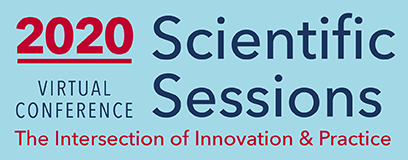

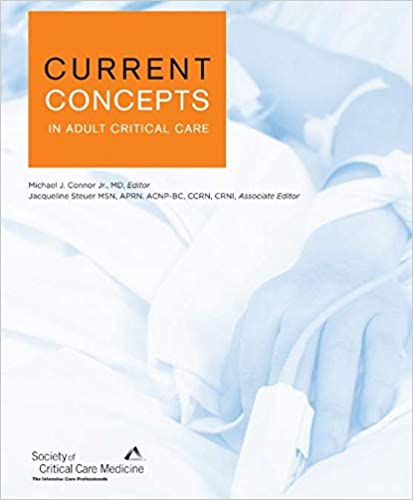
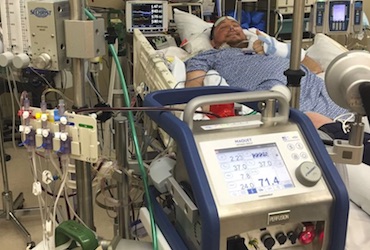
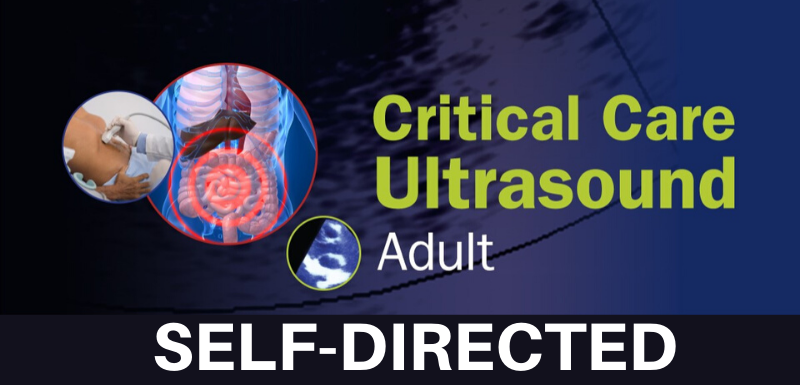
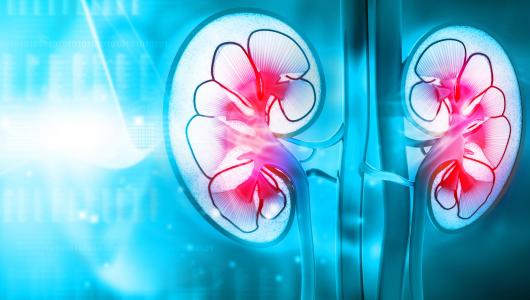
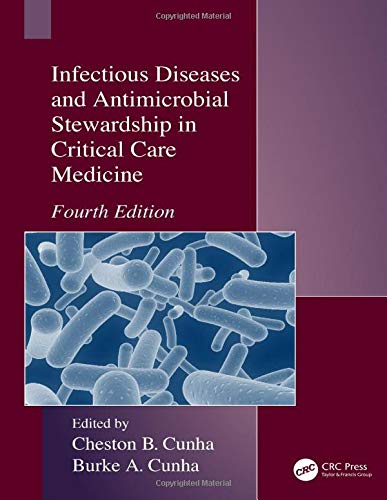
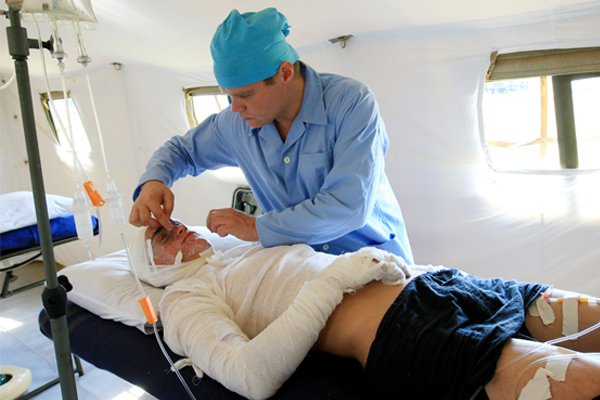
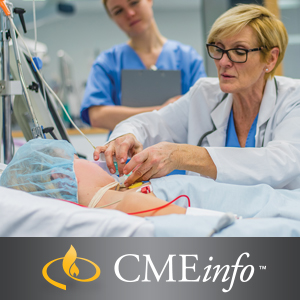
Reviews
Clear filtersThere are no reviews yet.